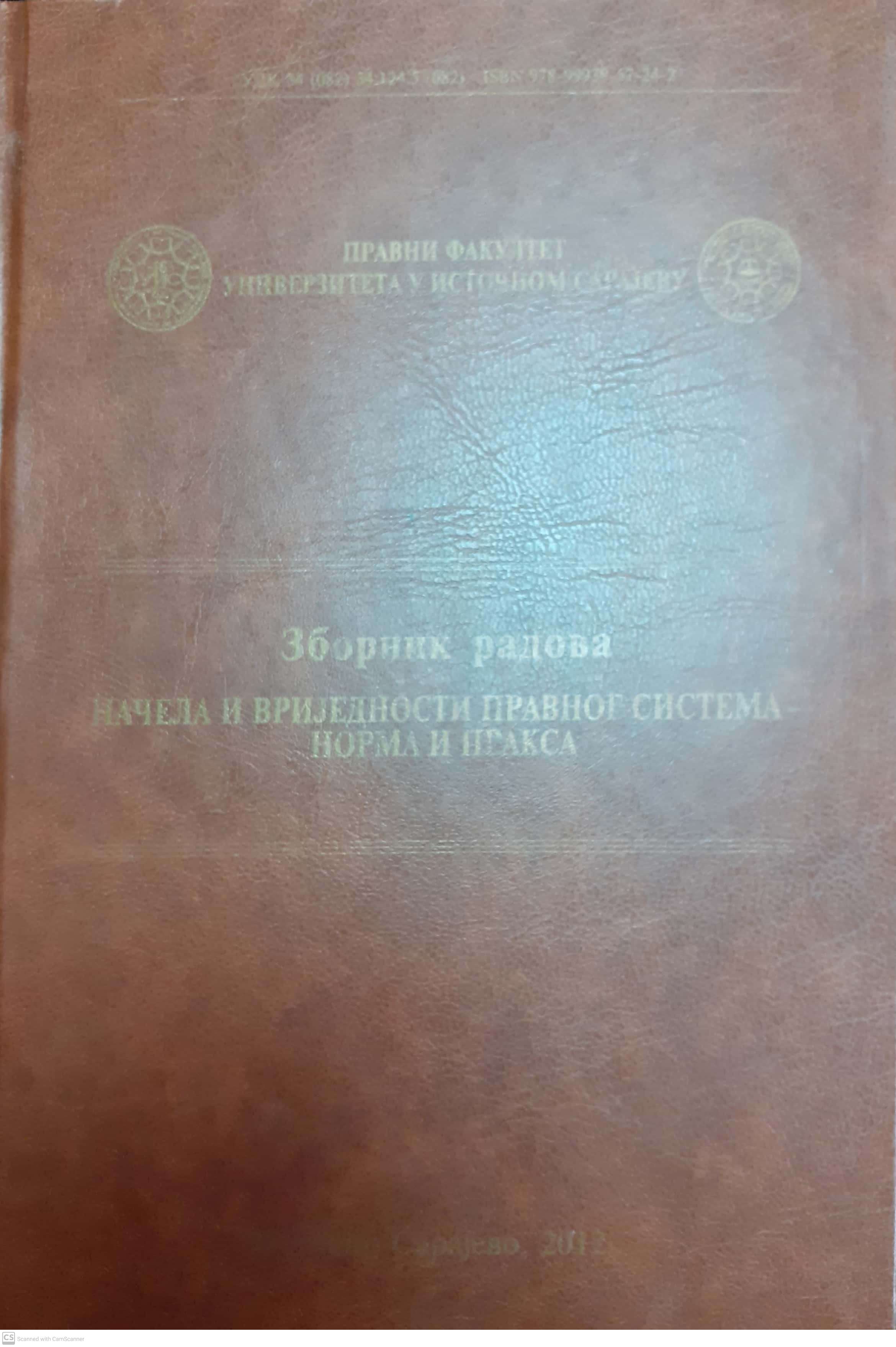Признање кривице оптуженог - пут ка блажем кажњавању у поступцима пред МКТЈ
Guilty Plea - Way to a Less Severe Punishment in the Proceedings by the ICTY
Author(s): Zdravko Grujić, Dragan Blagić
Subject(s): Criminal Law, International Law
Published by: Правни факултет Универзитета у Источном Сарајеву
Keywords: Guilty plea;Mitigating circumstances;ICTY;Punishment;
Summary/Abstract: International Tribunal for the Prosecution of Persons Responsible for Serious Violations of International Humanitarian Law Committed in the Territory of the Former Yugoslavia since 1999. (International Criminal Tribunal for the Former Yugoslavia, ICTY, the Tribunal) was established on 25 May 1993. by Resolution no. 827 United Nations Security Council. The tribunal has indicted 161 persons, ending the proceedings against 121 of them.Based on the analysis of judgments of the International Criminal Tribunal for the Former Yugoslavia, issued after the guilty plea of the accused, we concluded that the accused who pleaded guilty were less severely punished compared with the accused against whom regular course of criminal proceedings was conducted. Guilty plea is accepted as a mitigating circumstance, and often appeared with two other circumstances: the accused's cooperation with the Prosecutor and remorse of the perpetrator.The fact is that the voluntary plea of guilt of the accused to the Tribunal saves time, effort and costs of a lengthy investigation and trial, but it remains questionable how such a punishment contributes to the satisfaction of the victims or their family’s, and how lenient sentence of the accused may contribute to victims’ satisfaction, or the process of reconciliation in the region.Finally, looking at the entire practices of the International Criminal Tribunal for the Former Yugoslavia and ways of proceedings the individual cases, we can conclude the following: the accused can plead guilty and expect a more lenient sentence or take his/her chances and after conclusion the regular criminal procedure be more strictly punished. Or maybe we will convince the Tribunal to the contrary?
- Page Range: 713-725
- Page Count: 13
- Publication Year: 2011
- Language: Serbian
- Content File-PDF

